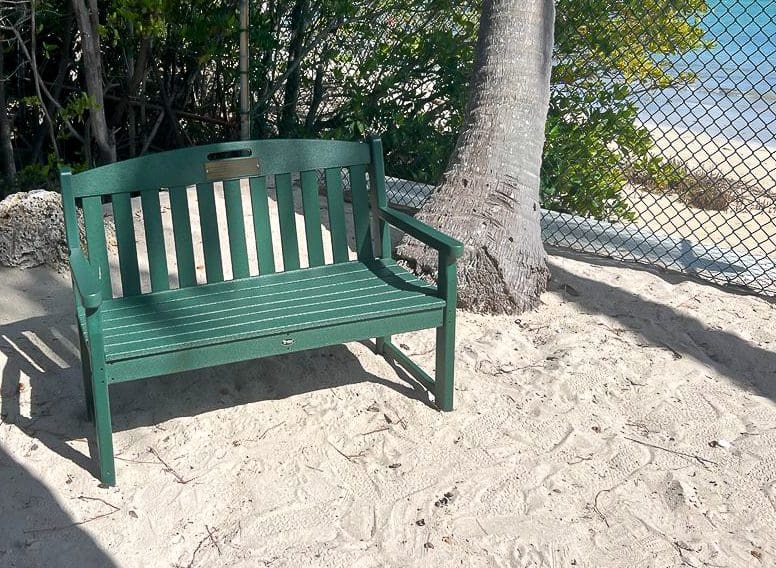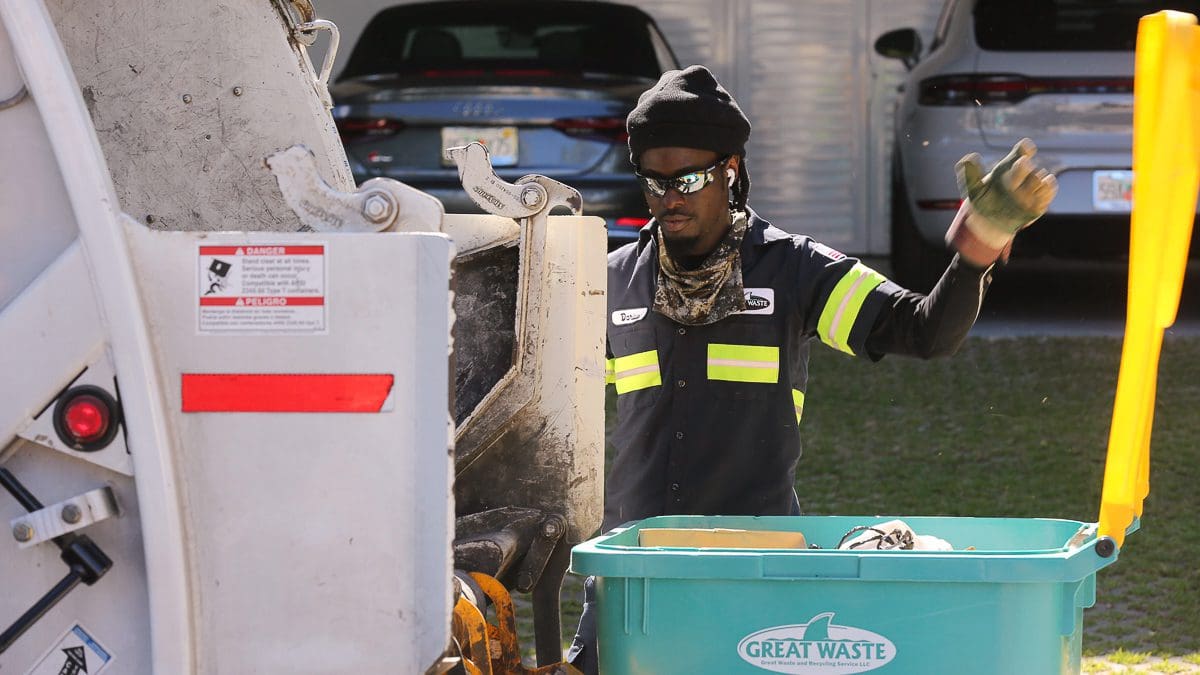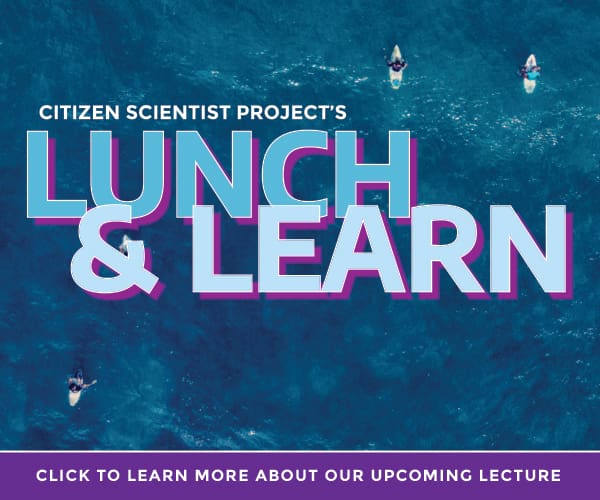“Paper or plastic?” is a common question in which many reply “plastic,” with little to no thought about the consequences. The plastic bag conundrum is never ending. According to environmental engineer Jenna Jambeck, about 17.6 billion pounds of plastic enter the ocean each year with one of the top contributors being grocery bags. This amount is projected to triple by 2040 resulting in 50-82 billion pounds of plastic entering the ocean each year, according to the United Nations.
Although eight states have banned single-use plastic bags, this is only a small step. From what I see and hear, people find it difficult or annoying to remember their own reusable bags. This past summer while living at the Jersey Shore, I felt the same way.
I continually entered the grocery store without my reusable bags and would find myself exiting the store juggling all my groceries because I did not have a bag. I refused to buy a new one knowing that I had so many at home. After facing this same struggle many times, remembering to bring my own bags quickly became a habit. Bringing your own reusable grocery bags is a great way to reduce single use plastics.
Another contribution to reduce single-use plastics is recycling items that are not accepted in bulk recycling, such as plastic grocery bags. Many grocery stores have bins outside or near the entrance where you can recycle plastic bags and films. Most people, when entering the grocery store, are in a hurry and probably walk past these bins without even noticing what they are or what they are used for. These bins are a great resource to divert plastic waste and would have a much greater impact if they were utilized by more people.

The Sustainability Initiative at the Rosenstiel School has implemented plastic recycling through a company called Trex. Trex upcycles plastics that are not normally accepted in bulk recycling.
Invest in Local News for Your Town. Your Gift is tax-deductible
They accept items like standard plastic bags, Ziploc bags, plastic produce bags, Bubble Wrap, plastic mailers and much more. These materials are not accepted in curbside programs because they get caught in the machines that sort other recyclables. Trex collects these plastics and uses them to create composite decking.
As part of their recycling challenge program, for every 500 pounds of plastics that you divert you win a Trex bench made of the composite decking. The Rosenstiel community has diverted over 900 pounds of plastic, winning one bench and making our way towards a second!
The design of plastics is simply flawed. Despite the fact that many plastic products are single use, they are designed to last forever and therefore do not biodegrade. Scientists have been working to make biodegradable plastics as an alternative to the plastic problem. But just like any new discovery this will entail a lot before it will become a popular and preferred option.
If single-use plastics are not properly recycled or managed they can end up in the ocean and are mistaken for food or entangle wildlife. Properly recycling plastics and reducing plastic use is so important because of the huge impact these products have on our environment.
According to health psychology researchers, it can take anywhere from 2-8 months to build a habit. Next time you head out the door, remind yourself to grab your reusable bags – set a reminder on your phone, put a sticky note on the door, or keep them in your car – so that you can build this new habit and say “I have my own bag” in response to “paper or plastic?”.

Nicole Rotelle
NICOLE ROTELLE moved nine times as she grew up, living in eight different states and a foreign country. Her “home” is constantly changing. But there is one thing that consistently feels like “home” to her: the ocean. Her passion for marine science led her to further her studies at the University of Miami Rosenstiel School. She is currently a master of professional science student studying marine conservation and serving as the Sustainability Initiative Co-Chair.


